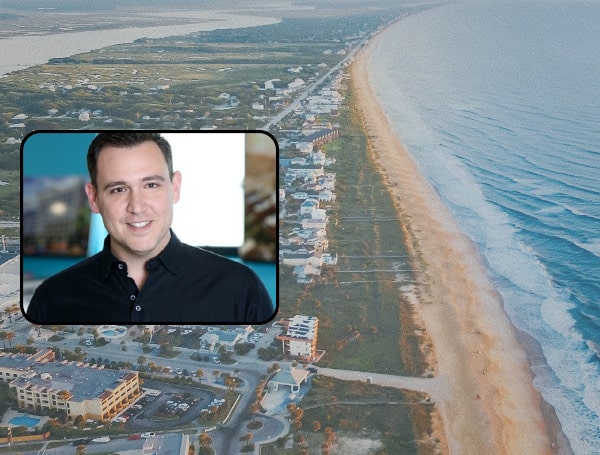Despite universal recognition of an intractable affordable housing crisis, public officials and government agencies are doing little to find and implement effective solutions.
The New York state Legislature adjourned without approving policies, programs or funding aimed at increasing the supply of new and preserved affordable housing and without acting on the governor’s plan to create 800,000 new housing units over five years.
But several states and other jurisdictions have begun using innovative initiatives to encourage and incentivize affordable housing development and preservation.
In Florida, for example, new regulations aim at clearing away impediments to the creation of much-needed workforce and affordable housing. New state laws there are specifically designed to reduce the zoning and density requirements and overcome political resistance that sustain NIMBYism, while at the same time providing financial incentives to encourage communities to develop affordable housing.
Florida’s Live Local Act, designed to address the state’s entrenched affordable housing crisis, went into effect July 1. It facilitates denser housing development on cheaper land, chiefly by limiting the authority of local governments to block affordable housing with zoning and density regulations.
The Live Local Act permits construction of multifamily housing on any commercial parcel if enough of the units are dedicated to affordable or workforce housing. Developers in Florida are now able to use the maximum zoning allowed within a one-mile radius of the site without having to contend with protracted and costly rezoning applications.
Such innovative regulations expand affordable housing by boosting funding for housing and rental programs, adding incentives for housing investment and encouraging mixed-use developments in financially distressed commercial areas.
The Live Local Act requires that local governments in Florida must approve— without public hearings, a rezoning process or land-use change requirements— housing development on sites zoned commercial, industrial or mixed-use if at least 40 percent of the residential units are affordable for at least 30 years to households making a maximum of 120% of the area median income. The law also reduces local authority to impose density and height limits. There are few other restrictions. The market-rate units can be rental or condo, and they may be separated from affordable units.
Unsustainable situation
This innovative approach by the state is encouraging counties and municipalities to also act on their own to revise zoning regulations in harmony with new statewide programs, amplifying the impact of affordable housing development programs.
In New York City, rents continue to reach new historic highs in several boroughs. The gap continues to widen between housing costs and income. NYC households need at least $100,000 a year for food, housing and transportation. Families of four need 50% more. The median income is $55,000.
To keep housing costs below the recommended 30% of income, the average New York City renter must earn about $134,000 per year. Yet about a third of New York renters spend more than half of their income on rent. This situation is unsustainable and jeopardizes the economic and social fabric of our communities.
Florida is not alone in coming up with creative approaches to increase the supply of affordable and workforce housing. Successful programs are underway in the Los Angeles and Bay areas of California and in Westchester County, N.Y.
We need to harness New York’s awesome collective talent and resources in finance, architecture and urban planning, commercial real estate development and public and social policy to help solve the problem. That requires clarity of vision and the political will on the part of our elected officials to quickly address our affordable housing crisis through new policies and programs.
Ariel Aufgang is principal of Aufgang Architects.
Android Users, Click To Download The Free Press App And Never Miss A Story. Follow Us On Facebook and Twitter. Signup for our free newsletter.
We can’t do this without your help; visit our GiveSendGo page and donate any dollar amount; every penny helps

